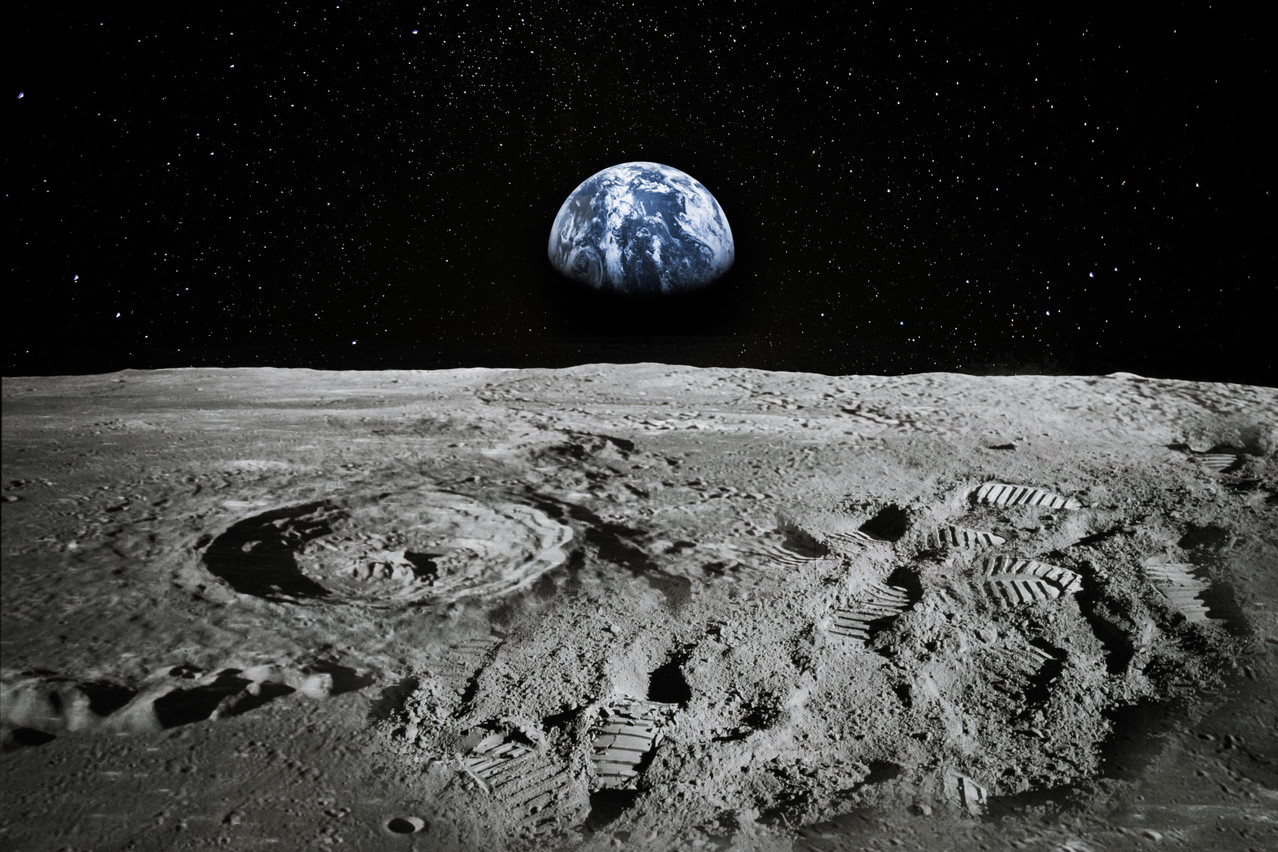For the third year, the European Space Resource Innovation Centre (Esric) is running its three-month startup competition, dubbed the Startup Support Programme. Five companies are vying to join previous winners and Lightigo.
The five finalists have already been weeded out of an applicant field of 45 that spanned 18 countries.
They are…
Moliri Space (Estonia)
The aim of this startup is to create solar power stations based on in situ space resources. These stations could then produce electricity for the terrestrial and space markets.
Open Moon (Spain)
Open Moon’s mission is to digitise instruments on the moon and in space to create an ecosystem of complementary products based on the cloud, facilitating communication between instruments, continuous monitoring, maintenance and data analysis.
Orbital Mining Corp (United States)
The company is seeking to become an end-to-end integrated energy company on the moon by producing, storing and transporting electricity. Its current offering, called MoLISC, consists of a modular, lightweight, energy-efficient battery that meets the needs of electronic devices and subsystems involved in lunar SRU (space resource utilisation) operations.
SolSys Mining (Norway)
This startup aims to develop a system--Lunafolia--that can be used for lunar SRU and agriculture, enabling nutrients to be extracted, hydroponics to be grown and plant waste to be recycled. In this way, the team hopes to reduce the cost of transporting materials to the moon and help enable a long-term presence in space.
We Space (Israel)
We Space is targeting autonomous flying robotic systems, also known as hoppers, capable of travelling at high speed on the moon. The technology developed by the team is aimed at cost-effective exploration of the lunar surface, which would facilitate a better understanding of its formation and evolution.
Three months’ support
As part of the competition, the five startups will have three months’ support from Esric to validate their technical concepts and align them with market opportunities. At the end, one will be selected to open a commercial entity in Luxembourg, housed at the Technoport. The winner will be revealed on 31 January 2024.
“We are delighted to see the growing interest in space resources from such diverse startups,” comments Esric director Kathryn Hadler. “Esric’s mission is to become an international leader in the field, which is why we are expanding our research capabilities simultaneously to support the development of commercial readiness for business visionaries wishing to innovate and be part of the new space economy.”
This article in Paperjam. It has been translated and edited for Delano.
